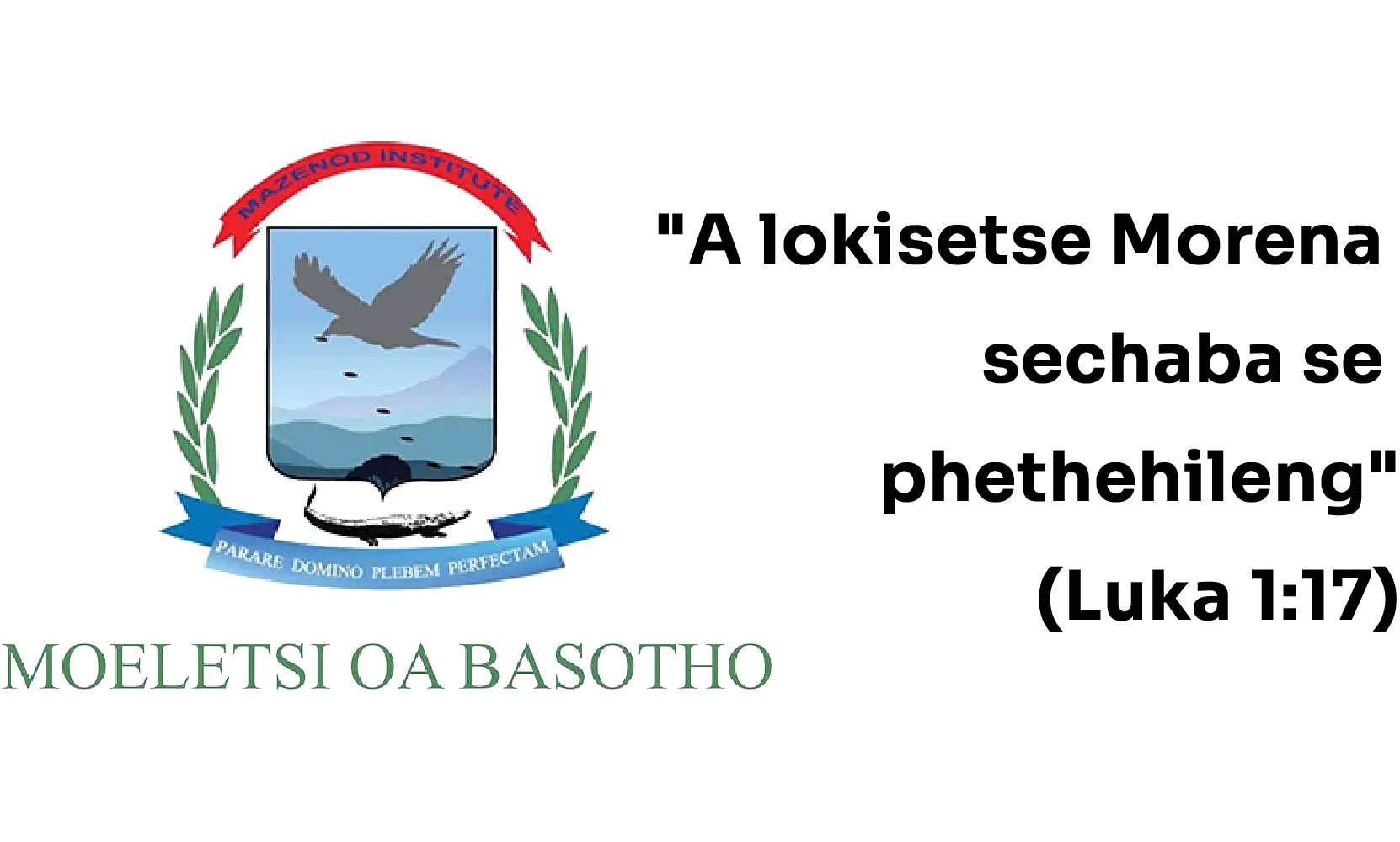Relebohile Ellero’s journey into agriculture began not in the classroom, but at home, where she grew up surrounded by animals. Despite not passing Mathematics as expected in her C.O.S.C examinations, Ellero was influenced by her family’s agricultural background to pursue a career in this field. “We grew up in a family where agriculture was the core activity for earning a living, especially through raising animals. I was always taking care of the young animals like lambs. Hence, I decided to enroll at Lesotho Agricultural College to study for a Certificate in General Agriculture,” she explains.
Her passion for agriculture led her to further her studies, obtaining a Diploma in Animal Health from the University of Lesotho. Driven by her dedication, she completed a BSc in Agriculture, specializing in Animal Science and Production. She then pursued an Honours Degree at North-West University, South Africa. However, her path was not without obstacles; the death of her supervisor during her Master’s program prevented her from completing the course.
“My father was a farmer who loved animals so much that he pushed me to care for the smaller animals. I remember feeling helpless when one of my favourite animal got sick, which motivated me to study Animal Health. Additionally, a relative who was a lecturer at NUL’s Animal Science department further inspired me to pursue this career,” she shares.
After completing her first degree in 2011, Ellero spent three years at home without finding work. Aware of the saturation in her field, she returned to school for her Honours Degree, hoping to graduate by 2017. Unfortunately, she did not complete the program in time. Despite her qualifications, she struggled to find employment and eventually joined her family’s butchery and fast-food business, which later closed due to the COVID-19 lockdown. In 2023, she turned to street vending, selling fruits and vegetables to make ends meet.
“I never saw vacancy advertisements for candidates with qualifications in Animal Health or Animal Science until recently, but I was not successful in my applications. It’s rare for government circulars to require people with my qualifications,” Ellero notes. She highlights that local farmers often rely on para-veterinarians or unqualified individuals due to outdated laws, specifically the 1975 Veterinary Surgeons Law, which restricts certain animal health practices to veterinarians alone.
Her attempts to find work abroad were also thwarted by regulatory barriers. “I applied for a vacancy as an Animal Health Technician in Kenya, but I couldn’t register with their veterinary council. In South Africa, registration costs and additional training fees were prohibitive,” she explains. Ellero has not sought government or institutional support, citing the requirement for pre-existing projects or farms for most agricultural initiatives. Her current activities include holding workshops and farm inspections, and providing advice to farmers based on her extensive knowledge.
The inability to utilize her skills has been a significant source of stress for Ellero, especially as she strives to support her three children. “It troubles me that I am not working despite my qualifications. My friends and others are often shocked to see me as a street vendor. Farmers need workshops about proper livestock management, and qualified experts like me are available but not utilized,” she laments. “Let’s work together to make our voices heard and push for changes in the veterinary laws. Farmers need us. I encourage young people to pursue animal health courses; they might be luckier than us,” she urges. She also calls on stakeholders to hire qualified individuals privately and provide opportunities for training and representation in international research, benefiting the country’s agriculture sector and economy. She believes that community and stakeholder support is crucial in ensuring that skilled professionals are not wasted. She emphasizes the importance of utilizing qualified individuals to improve agricultural practices and ultimately boost Lesotho’s economy.









